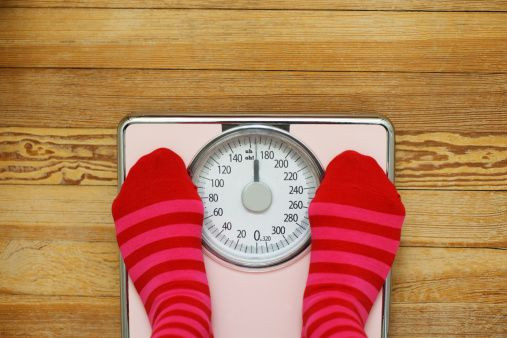What Is 16:8 Fasting Diet? Time-Restricted Eating Helps In Weight Loss

A new study has found daily fasting can help reduce weight and can have several health benefits. The study, published by University of Illinois at Chicago researchers in the journal Nutrition and Healthy Aging, is the first to examine the effect of time-restricted eating.
Time-restricted eating is a form of fasting that limits food consumption to certain hours of each day. This study has found the 16:8 fasting diet, in which people eat whatever they like for 8 hours and fast for the remaining 16, is linked to weight loss and can prove effective to lower blood pressure.
The researchers of the study worked with 23 obese participants who had an average BMI (body mass index) of 35 and were the age of 45 years old. Between the hours of 10 a.m. and 6 p.m., the participants could eat any type and quantity of food they desired, but for the remaining 16 hours they could only drink water or calorie-free beverages.
For 12 weeks, the scientists measured various factors, including the participants' fat mass, blood pressure and cholesterol and glucose levels. Researchers compared their findings with a previous weight loss control group that followed a different fasting.
On average, participants consumed about 350 fewer calories, lost about 3 percent of their body weight and saw their systolic blood pressure decreased by about 7 millimeters of mercury (mm Hg), the standard measure of blood pressure.
"The take-home message from this study is that there are options for weight loss that do not include calorie counting or eliminating certain foods," said Krista Varady, associate professor of kinesiology and nutrition in the UIC College of Applied Health Sciences and corresponding author on the study.
"The results we saw in this study are similar to the results we've seen in other studies on alternate day fasting, another type of diet," Varady said, "but one of the benefits of the 16:8 diet may be that it is easier for people to maintain. We observed that fewer participants dropped out of this study when compared to studies on other fasting diets."
Varady said it was yet to be determined whether 16:8 diet works better than other weight loss measures.
"These preliminary data offer promise for the use of time-restricted feeding as a weight loss technique in obese adults, but longer-term, large-scale randomized controlled trials [are required]," Varady and her colleagues wrote in the study.
"The 16:8 diet is another tool for weight loss that we now have preliminary scientific evidence to support," Varady said. "When it comes to weight loss, people need to find what works for them because even small amounts of success can lead to improvements in metabolic health."
© Copyright IBTimes 2025. All rights reserved.





















